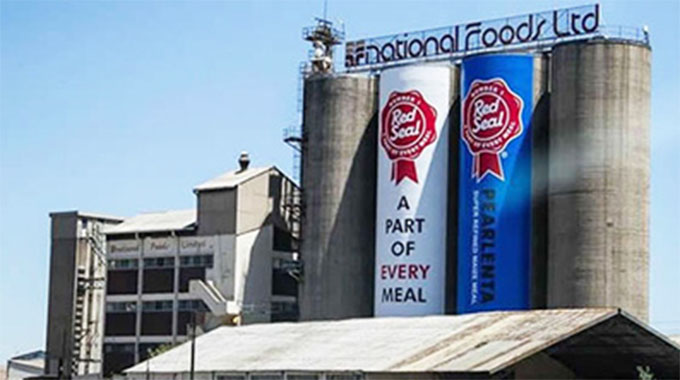Nesting of tobacco is a crime
Whenever a bale is confiscated for nesting, farmers are certain to tell you one story as if singing from the same hymn book, “it’s my workers, baling took place whilst I was away”. This regrettably is no defense hence the twenty dollars (US$20) per bale penalty or imprisonment for one year or both the fine and imprisonment are applied.Nesting is fraudulently hiding non-tobacco related material in a bid to increase bale weight or concealing bad tobacco beneath good quality tobacco so as to deceive the buyer about the nature or quality of a bale.
All nested tobacco is forfeited to the Board and grower numbers are blocked hence tobacco farmers should ensure that no attempt is made to hide inferior tobacco in the centre of bales, or pieces of stem under tied leaf.
Zimbabwe’s unique flavor tobacco is well sought after because of both chemical and physical integrity of the leaf which has correct concentrations of nicotine, minimal tobacco-specific nitrosamines, less pesticide residues and without non tobacco related material.
Nesting therefore compromises the integrity of Zimbabwe’s tobacco as cancerous non tobacco related materials like feathers, plastics and strings are introduced in our tobacco thereby threatening a thriving industry, a trade in which farmers have pocketed over US$330 million in just one and half months from the sale of 113.6 million kilograms at an average price of $2.91 per kg.
Consequently, the Tobacco Industry and Marketing Board urges farmers not to use plastic materials in packing or storing tobacco as these contaminate the tobacco leaf.
The use of polythene and plastic products is definitely not recommended in tobacco handling, thus farmers should use organic materials.
Furthermore, materials such as wood preservatives, diesel, petrol, paraffin, crop protection agents among others which could contaminate the leaf and cause an unpleasant odour in the tobacco must be stored away from all tobacco handling areas.
Great precaution to ensure that grease from the baling box screw does not come into contact with tobacco should be taken as grease contaminated bales and when found at the Floors bales will be rejected and labelled as “Damaged” (DR).
It is important that no foreign matter is in any bale of tobacco thus only clean tobacco should be offered for sale.
“Clean” means completely free of floor sweepings, grading tickets, pieces of string, plastic, grass, newspapers and any other foreign matter.
Care should be taken to remove any hessian fluff from graded tobacco.
Bales found before sale to contain any foreign matter at all will be closed up and not sold.
Bales found after sale to contain foreign matter will be rejected as WR (foreign matter).
Should 10% of the consignment be found to contain foreign matter, the whole consignment will be rejected.
All growers who are repeat offenders are risk rated and their subsequent tobacco deliveries are subjected to through inspections.
Furthermore, growers are encouraged to use only approved materials for packaging tobacco, therefore all growers should procure packaging materials from credible and approved suppliers most of which are situated within auction and sales floors.
In a bid to cut costs, some farmers buy inner lining paper used for tea from the roadside and market stalls only to incur further costs when their tobacco is rejected on the basis of having used the wrong baling paper.
Farmers should desist from buying packaging materials from road sides since product hygiene and quality cannot be ascertained.
Growers and auction floors are advised that auction sales of tobacco packaged in non-prescribed hessian wraps, baling twine or paper are not permitted.
Information pertaining to approved packaging material suppliers is available from TIMB (i.e. for hessian wraps, baling paper and baling twine)
In further pursuit of physical integrity, tobacco moisture must be maintained at a level that avoids deterioration of quality.
Farmers should not store tobacco that contains excessive moisture as this will affect the physical quality as tobacco will become stained, dark and mouldy.
Finally, growers should not forget that sorting of the tobacco is essential to presenting a good final product.
Growers should take all reasonable care to present for sale undamaged tobacco that is uniformly graded, free from contamination and foreign matter or any other non-tobacco related materials.
For additional Information contact
TIMB at429 Glen Eagles Road, Southerton, Harare or write to us on P.O Box 10214, Harare or on telephone numbers 0772145166/9 or 0279-22082/21982 or 025-3439 or 067-24268/29246 or 0277-2700 or 064-7280 or 0271-6772 or Toll Free Number 0731999999 or E-mail: [email protected]






Comments